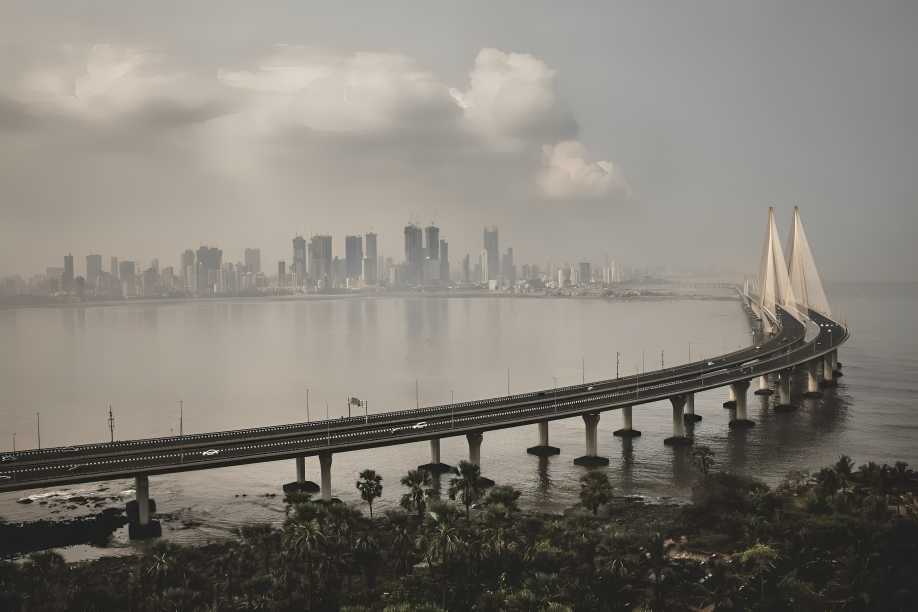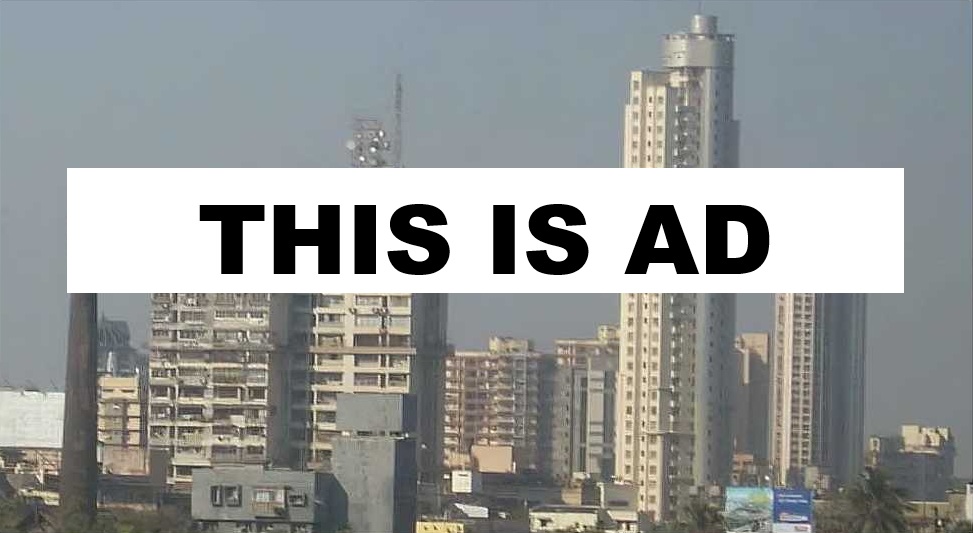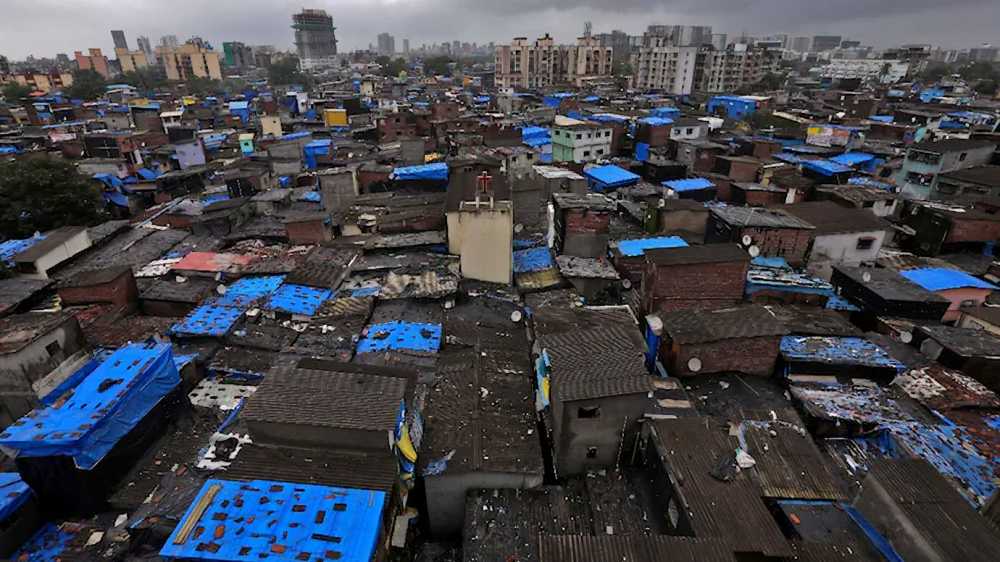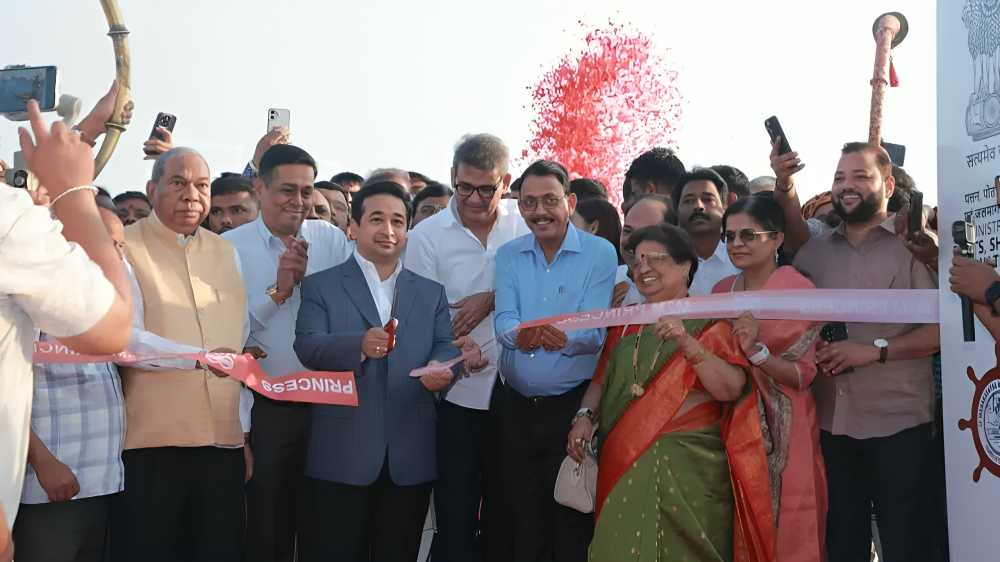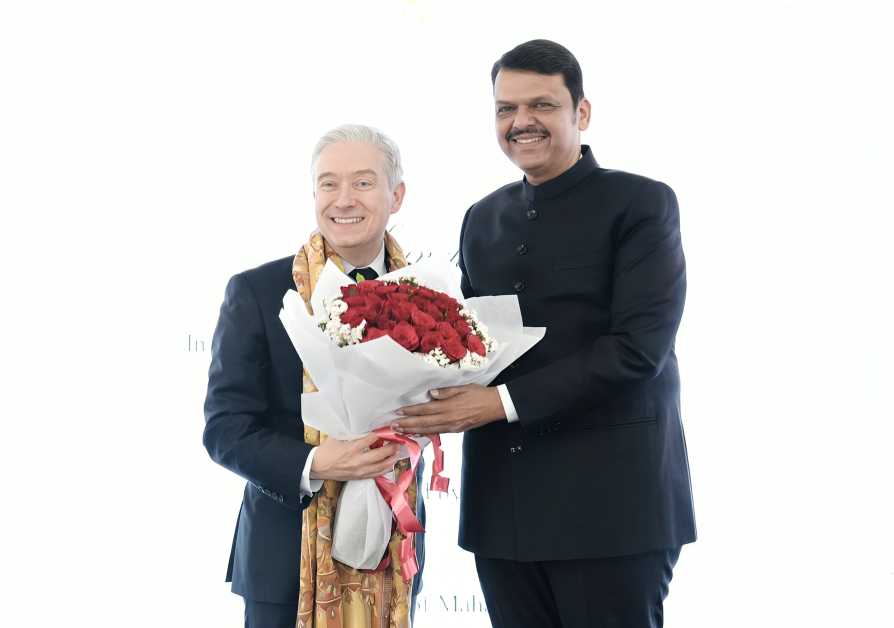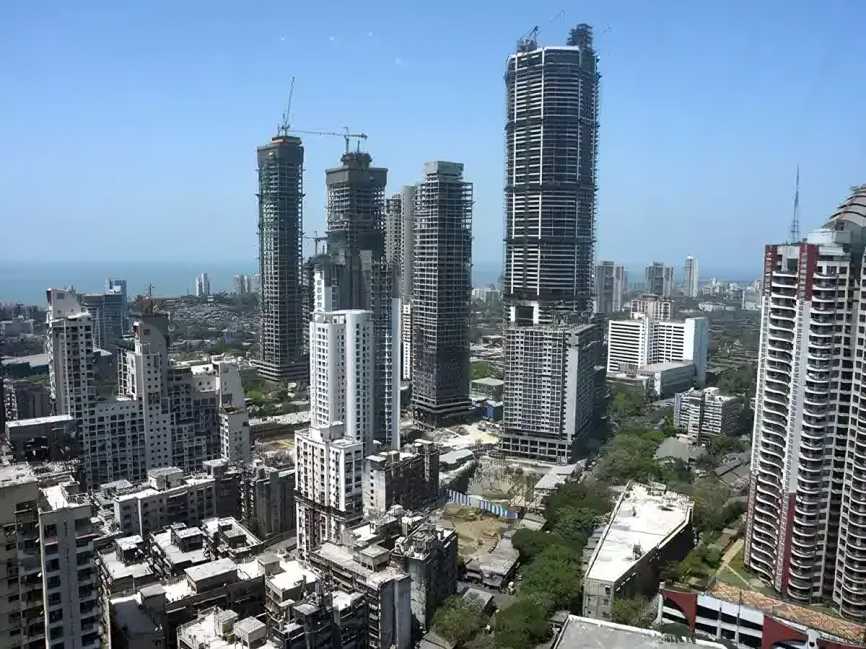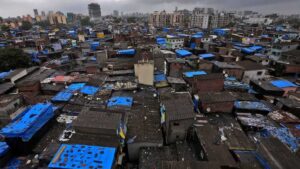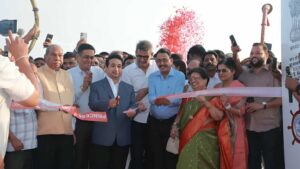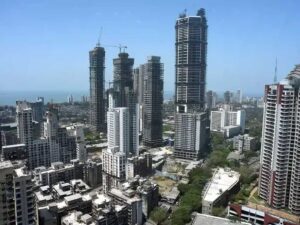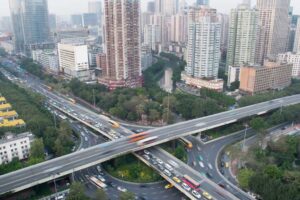August 25, 2025: Mumbai’s urban development machinery has come under scrutiny amid concerns over delays in executing central government-funded projects under AMRUT 2.0, the flagship mission aimed at revitalising Indian cities. Senior state officials have cautioned that Maharashtra must expedite the utilisation of allocated funds to ensure key civic projects are completed before the March 2026 deadline.
Launched in 2021, the Atal Mission for Rejuvenation and Urban Transformation (AMRUT 2.0) has earmarked nearly Rs 9,000 crore for Maharashtra to enhance civic infrastructure. The programme targets water supply, sanitation, green spaces, and lake revival—sectors crucial to improving urban liveability and advancing sustainability objectives. Yet, progress across several municipalities has been slow, with projects either pending administrative approvals or lagging in execution.
At a recent high-level review, officials emphasised that the pace of work was insufficient. Departments were urged to demonstrate urgency in translating sanctioned projects into tangible outcomes on the ground. Authorities stressed that every rupee released by the Centre must be fully utilised, warning that delays could jeopardise the state’s ability to meet deadlines and compromise the quality of services for millions of residents.
Policy experts have highlighted that AMRUT 2.0 represents more than a funding opportunity; it is a chance to tackle systemic challenges that have long affected Indian cities. Reliable water supply, modern sanitation, and revitalised public parks are integral to creating eco-friendly, resilient, and equitable urban spaces. Accelerating these projects in Mumbai and other urban centres could alleviate pressures of rapid urbanisation while mitigating the environmental costs associated with unplanned growth.
Green mobility advocates note that robust civic infrastructure directly complements sustainable transport objectives. For example, lake revival and expanded green spaces improve air quality and encourage pedestrian-friendly environments, while efficient water and sanitation systems reduce public health risks that often strain city transport networks during monsoon seasons. By adhering to AMRUT 2.0 deadlines, Maharashtra could demonstrate integrated urban planning where environment, mobility, and liveability converge.
A senior official at the review clarified that the concerns were directed at administrative officers rather than political leadership, emphasising that public-facing projects cannot endure prolonged delays, particularly when they have a direct impact on citizens’ quality of life. The review also encompassed parallel programmes in women’s development and health infrastructure, underlining the importance of timely approvals to prevent cascading delays.
Experts say the overarching lesson is clear: urban resilience in India depends on speed, accountability, and forward-looking planning. As Maharashtra races towards the 2026 deadline, the urgency to deliver on AMRUT 2.0 is not merely about compliance; it is about ensuring that Mumbai and its sister cities evolve into greener, healthier, and more equitable spaces for the future.
Source: Urban Acres




